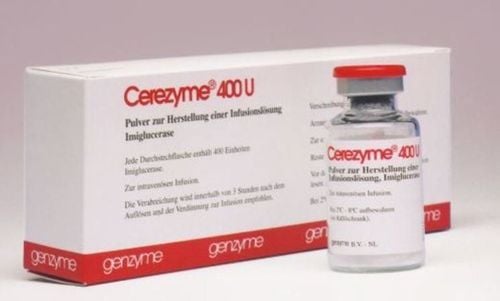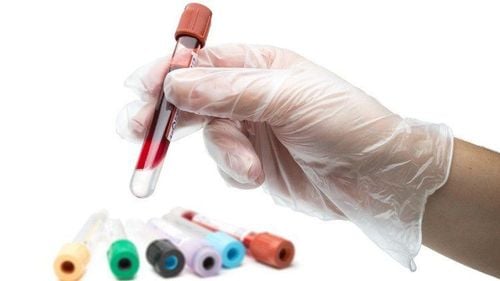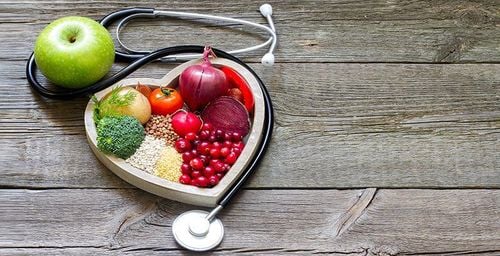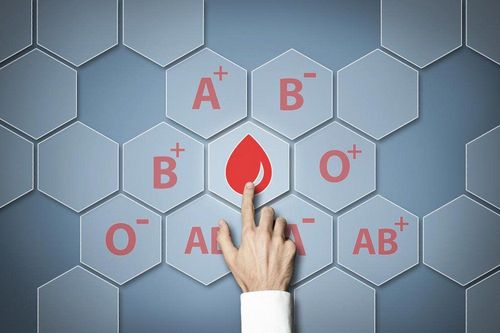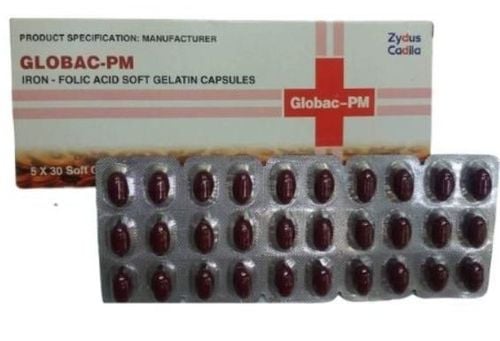This is an automatically translated article.
Donating blood is a noble gesture for the community. However, many people are still hesitant about donating blood can be harmful to health. The following article will provide the necessary information for people to understand the meaning of blood donation as well as address concerns surrounding good or bad blood donation.1. What is blood donation?
To date, blood is the only biological product that cannot be synthesized artificially. In other words, when a patient is severely anemic, the blood source is fully reimbursed from the donor. Therefore, blood donation is considered a noble gesture for the community, a practical meaningful thing that a person can do to help others.Blood donation is mainly red blood cell donation. Blood is made up of plasma, which makes up 55% of the blood volume, and blood cells, which make up the remaining 45%. Red blood cells are the most abundant, followed by white blood cells and platelets.
The life of red blood cells is about 90 days, the longest of all blood cells. This is the time it takes for a red blood cell to be born, function, and be destroyed in the liver and spleen. In other words, every red blood cell circulating in the blood is in turn produced by the bone marrow and replaced after its job is done. So, when giving a very small amount of blood in the body, for the donor himself will not be affected, but for the recipient, it is a new "life source".
In addition, other components of blood are also used after donation such as platelets, plasma... However, the number of cases of red blood cell donation still accounts for the majority.
Trắc nghiệm: Bận rộn có ảnh hưởng đến sức khỏe của bạn không?
Cuộc sống hiện đại khiến chúng ta vì quá bận rộn mà quên chăm sóc sức khỏe cho chính mình. Ai cũng biết rằng lịch trình làm việc cả ngày có thể khiến bạn kiệt sức, nhưng cụ thể bận rộn ảnh hưởng thế nào tới sức khỏe? Hãy cùng làm thử bài trắc nghiệm dưới đây.
2. How is blood donation done?
Donated blood is taken directly from the donor's body and injected directly into the recipient's body. However, for blood to be used effectively, it needs to be processed through many complex stages.First, for those who are about to donate blood, it is necessary to prepare well physically and mentally. The night before donating blood, you need to get enough sleep and avoid working too hard. The previous meal avoids too much grease. Donating blood is usually done in the morning, when you are in the best mood and health.
People who donate blood should not eat anything, even drink milk, but only drink filtered water and sugar tea. The reason is because when eating, the products of digestion when absorbed through the intestinal wall into the blood will reduce the quality of donated blood. In addition, the patient will undergo a comprehensive health check and be approved for blood donation only if certain criteria are met.
After that, the patient is arranged to lie down comfortably in a chair. The blood collection needle will be inserted into the large vein of the upper extremity and the blood will automatically come out according to the principle of potential energy, into the blood bag placed on the scale located lower than the heart. When the amount of blood drawn reaches the required volume, stop, withdraw the needle and apply pressure in place. During the blood draw, the medical staff can let the blood donor squeeze a soft object in the palm of his hand to speed up the blood conduction.
Donated blood will be quickly preserved in accordance with regulations and brought to the hematology center and hospital. Here, blood is tested for microorganisms to rule out diseases acquired through blood transfusion, such as HIV, hepatitis B, hepatitis C,... If this criterion is met, the blood will be divided according to blood type O, A, B or AB, broken down into individual components such as plasma, red blood cells, white blood cells and platelets, stored in their respective conditions and ready to be met when required.
In the case of platelet donation, the donor's blood will be collected through a mechanical system. Here, the platelet component will be separated and the remaining components in the blood are returned to the donor's body by another route.

3. Blood donation good or bad?
Because of the physiological cycle of blood, blood donation has absolutely no effect on health if the volume of donated blood is suitable for the body as well as the reasonable frequency of donation.Even donating blood is seen as an opportunity to improve health better. These are the reasons few people know about the meaning for blood donors. These benefits include:
3.1. Helps stimulate hematopoiesis Blood volume is estimated to account for 1/10 of body mass. Thus, an average adult weighing 50 kg will have a blood volume of about 5000 ml. However, the regulation to donate blood each time is no more than 9 ml/kg (ie about 450 ml) and no more than 500 ml in a single donation. Therefore, the amount of blood given is not too much.
Moreover, when a certain amount of blood in the body is lost, the bone marrow system will react to create a new blood source. This helps the blood in the body have the opportunity to be changed, the red blood cell quality is rejuvenated, so it will work more efficiently.
In fact, only women of reproductive age experience physiological blood loss each month due to the menstrual cycle. In other subjects such as men and post-menopausal women, red blood cells are slowly renewed, and the ability to cope with blood loss will be poor if anemia suddenly occurs. Therefore, regular blood donation is an opportunity for the blood source in the veins to become fresher as well as the hematopoietic system to be regularly cultivated.
3.2. Iron chelation At the end of the day, red blood cells become senescent and destroyed. However, the iron component in the red blood cell nucleus is reused to synthesize new red blood cells. Thus, the amount of iron in the body is generally not lost, while our body is supplemented with iron every day through food sources. As a result, if the iron metabolism cycle is not favorable, the stagnation of iron in internal organs such as the heart, lungs, liver, kidneys... will cause disease.
Therefore, when you donate blood, you will also donate iron. This is indirectly an act of chelating iron, reducing the residual iron burden in the organs.
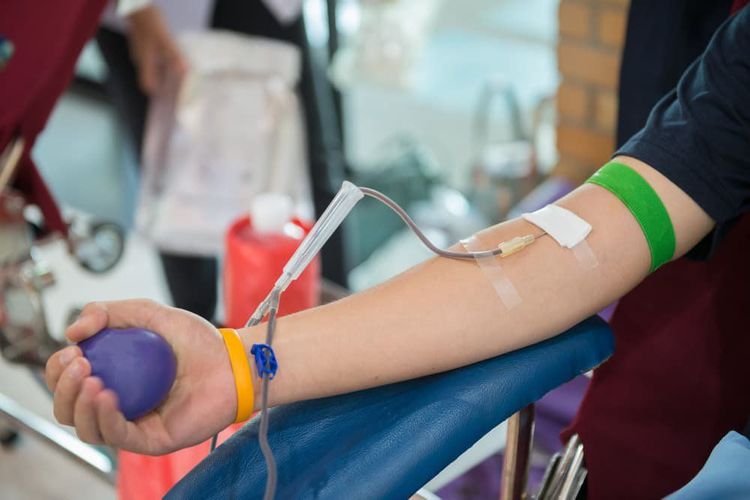
Finally , if you are accepted to donate blood, it means that you are in basically normal health. Thus, each time you donate blood is considered an opportunity to receive a free health check, besides the doctor will also help you detect some potential diseases if any, such as high blood pressure, cardiovascular disease. ..
3.4. Get tested for blood group and common infectious diseases Every unit of blood before being used must be tested for blood group identification and common infectious diseases. If an abnormality is found, the blood bag is removed. The results of these tests will be communicated to the blood donor.
In other words, donating blood is also a way to know what blood type you are, whether you have any infectious diseases or not. In many cases, the disease was detected and treated early by donating blood.
3.5. Creating joy in life A drop of blood donated not only helps the patient but also is a spiritual medicine for the donor himself.
Even after donating blood, temporary anemia may leave you feeling slightly fatigued. However, this feeling only lasted for that day. As long as you lie down for a while after donating, work gently, eat well and get enough sleep, the blood volume will quickly recover. Moreover, the joy of performing a beautiful deed will make you feel elated, happier, and love life more.
Good or bad blood donation is a very common question asked by many people. Donating blood is actually giving away a very small amount of blood in your body that you don't really need. It does absolutely no harm to the body, even brings a lot of good effects that no other remedy can replace.
Please dial HOTLINE for more information or register for an appointment HERE. Download MyVinmec app to make appointments faster and to manage your bookings easily.
Reference source: National Institute of Hematology - Blood Transfusion



